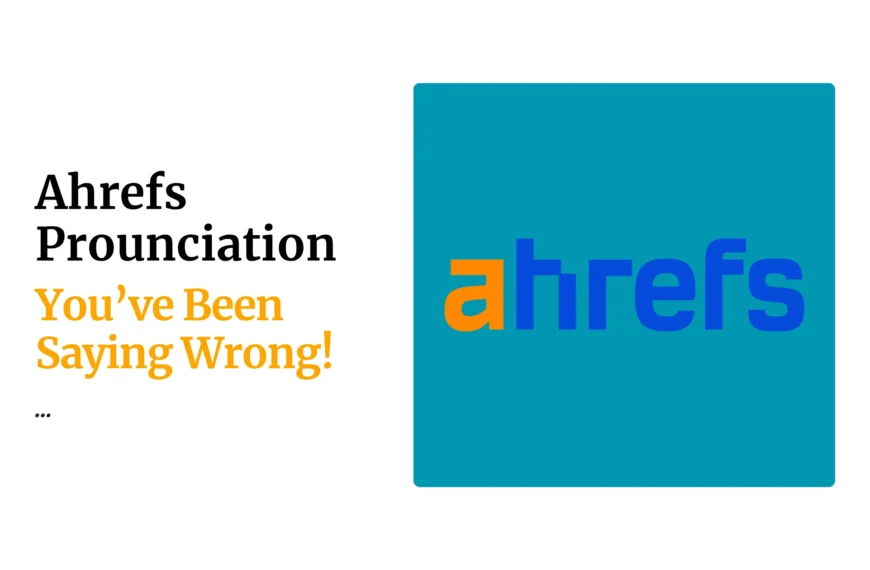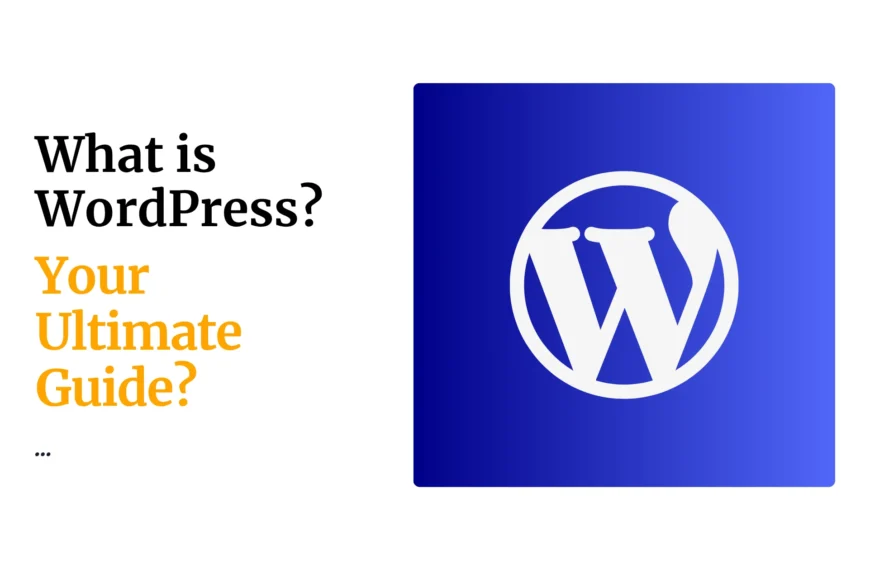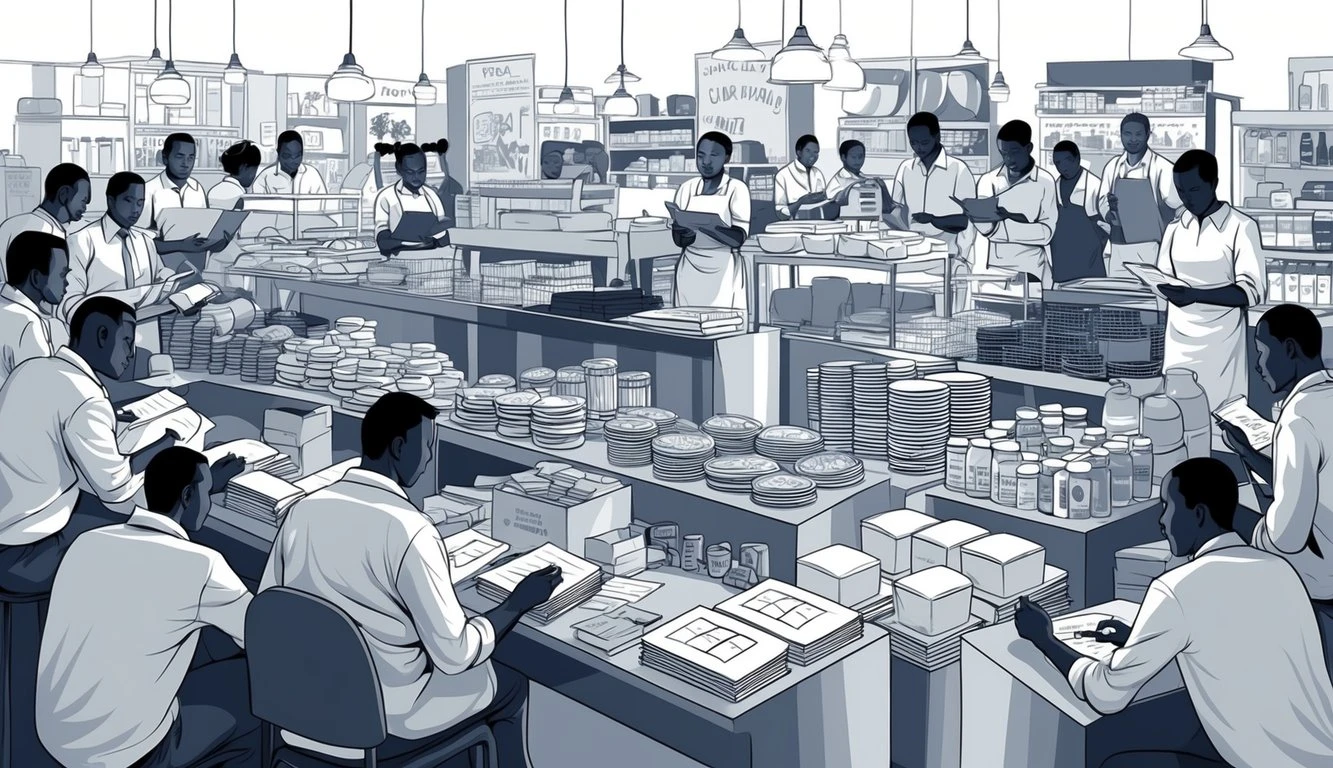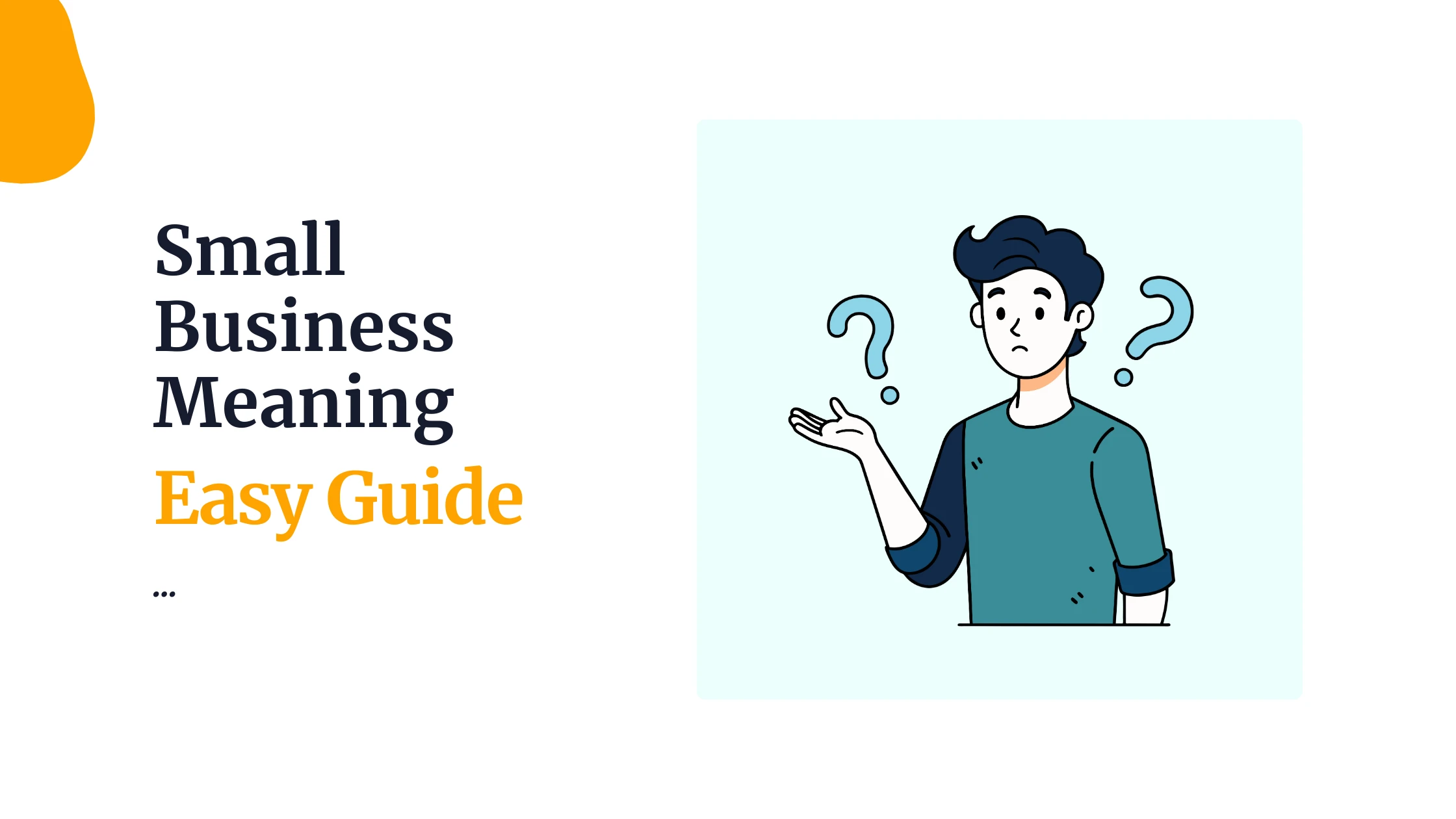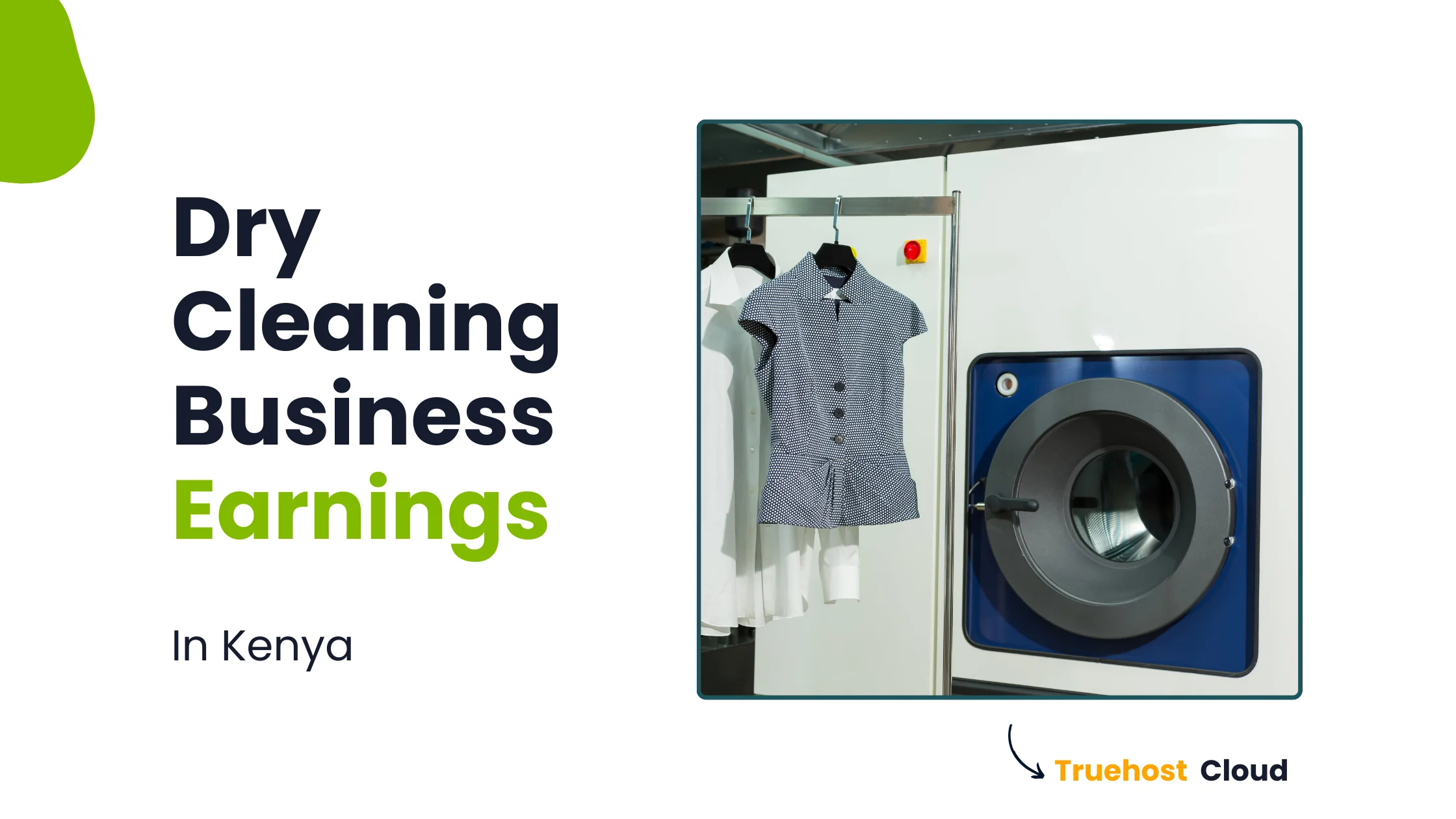Last updated on May 14th, 2025 at 04:51 pm
Thinking about opening a small shop but worried about how much money to start the small shop in Kenya ?
It’s an exciting opportunity to be part of the retail world in this vibrant country. In this article, we’ll explore the basics of starting a small shop, focusing on what money you need to get started.
Overview of the Retail Opportunity in Kenya
Kenya is a great place to set up a small shop. People love to shop for everyday things, and there’s a growing market for local businesses. From selling snacks to providing everyday items, small shops play a big role in the community. We’ll take a closer look at why this is a fantastic chance for entrepreneurs like you.
? Search now. Secure instantly. No delays.
Capital Costs to Consider Before Launching
Before you dive in, it’s essential to know about the money you’ll need. Starting a small shop comes with some costs, like renting a space, buying inventory, and setting up the place. We’ll break down these costs in simple terms so you can plan your budget wisely.
Stick around to learn more about the exciting opportunity of having your own small shop in Kenya and the money you need to make it happen.
#1. Shop Licensing and Registration Fees
When you start a small shop, you need permission from the county government. This permission comes in the form of a trade license. Here’s what you need to know about the costs:
County Government Trade License Costs
Getting a trade license from the county government is like giving your shop official permission to operate. Different counties may have different costs, so it’s essential to check with your local government office. Typically, they’ll let you know how much you need to pay to get your shop up and running.
Registration Paperwork Costs
Along with the trade license, you’ll need to do some paperwork to officially register your small shop. Registering your shop means putting your shop’s name on the official list of businesses. This might involve filling out some forms and paying a fee. The paperwork costs can vary, so it’s wise to find out what’s needed in your area.
#2. Shop Rental Deposits
Starting a shop means you need a place to set it up. This place is called a shop space, and you usually have to pay some money upfront, commonly known as a rental deposit, to secure it. This deposit is like a promise that you’ll take good care of the shop and pay the rent on time.
Typical Rental Deposits for Small Retail Spaces
Now, how much money are we talking about? Well, the amount depends on a few things. First, it depends on where your shop is located. Shops in busy areas might have higher deposits. Second, the size of the shop matters. Bigger shops might need a bigger deposit. Lastly, there’s something called negotiable rates, which means you might be able to talk with the landlord and find a good deal.
#3. Initial Inventory Procurement
To begin, you’ll need to get your hands on the things you want to sell. This means finding places where you can buy items in bulk, called wholesale. This is an essential step in making sure your shop has enough products for customers to choose from.
Sourcing Wholesale Consumer Goods
When looking for goods to sell, think about what people in your area might need or want. It’s like choosing things that your neighbors and friends would be interested in buying. Look for deals and discounts from suppliers to help you save money when buying in bulk.
Calculating Opening Inventory Costs
Now, let’s talk money. Calculate how much it will cost to get your shop up and running. This includes the money you spend on buying the initial batch of products. Take note of every cost, from the items you’re selling to the shelves they sit on.
Factors to Consider
Several things will affect how much money you’ll need. Think about who you want to sell to (your target audience), the size of your shop, and how much money you have to start with (capital). These factors will help you figure out the right amount of money to set aside for your small shop adventure.
#4. Store Furnishings and Supplies
When starting a small shop, you need to think about what goes inside. This includes shelves, tables to display your things, and signs to let people know what’s what.
a). Shelving: These are like big, sturdy bookshelves for your stuff.
b). Display Tables: Tables to put things on so people can see them better.
c). Signage: Signs help customers find what they’re looking for.
Staff Uniforms and Inventory Tagging
If you plan to have people working in your shop, they might need uniforms. Also, you’ll want to tag your items so you can keep track of what’s in your shop.
a). Staff Uniforms: These are special clothes for your workers so they look nice and professional.
b). Inventory Tagging: Putting labels or tags on items to know what you have and where it is.
POS Machine and Security Equipment
When customers buy things, you’ll need a way to handle the money. And, of course, you want to keep your shop safe.
a). POS Machine: This is like a special computer that helps you take money from customers when they buy things.
b). Security Equipment: Stuff like cameras or alarms to keep your shop safe from any trouble.
#5. Working Capital
Working capital is the money you need to have saved up to make sure your shop can run smoothly at the beginning. It’s like having a little extra cash just in case. This money helps cover costs like buying things to sell in your shop and paying bills.
Savings Buffer for the First Few Months
Imagine your shop is like a car, and working capital is the fuel to keep it going. When you start, there might not be many customers right away. Having a savings buffer means you’re prepared for those first few months where you might not make as much money. It’s like having a backup plan.
Accounts for Low Initial Customer Traffic
Sometimes, at the beginning, not many people know about your shop. That’s normal! Working capital considers this and helps you stay afloat even if there aren’t a lot of customers initially. It’s like having a friend who helps you out until more people discover your awesome shop.
#6. Other Cost Considerations
Now, besides the main costs, there are other things to think about:
a). Utility Deposits
Your shop needs electricity and water. You might have to pay a little extra at the beginning as a deposit to get these services started.
b). Insurance
Just like you have insurance for your car, your shop needs protection too. It helps if something unexpected happens.
c). Staffing
If you’re not running the shop alone, you’ll need to pay your helpers. Every worker deserves fair pay for their work.
d). Transport and Logistics
How will you get your stock to the shop? Consider the cost of transporting goods from suppliers to your shop.
e). Shrinkage
This is a big word for things that go missing or get damaged. It’s good to set aside some money for these small losses.
Read also: Starting your own IT Business in Kenya in 9 steps
#7. Projected Capital Requirement
When you plan to start a small shop, it’s essential to know how much money you’ll need. Here’s a simple breakdown to give you an idea:
a). Shop Space: Estimate the cost of renting or buying a small space for your shop.
b). Goods for Sale: Calculate the money needed to buy the products you plan to sell.
c). Licenses and Permits: Consider the fees for licenses and permits required to run your shop legally.
d). Utilities: Include the costs for electricity, water, and other necessary services.
e). Furniture and Equipment: Budget for basic furniture and equipment like shelves, tables, and a cash register.
Ways to Reduce Initial Capital:
Now, let’s explore some smart ways to reduce the money you need to start your small shop:
a). Minimize Inventory: Instead of buying a large quantity of goods at the beginning, start with a smaller inventory. This reduces the initial cost and allows you to test which products sell well.
b). Consider Used Equipment: Instead of buying brand-new furniture and equipment, look for high-quality used items. This can significantly cut down your expenses.
c). Negotiate Rental Costs: When securing a space for your shop, try negotiating the rental cost. Some landlords may be flexible, especially if you’re just starting.
d). Explore Partnership Opportunities: Consider partnering with local suppliers or other small businesses. This can lead to better deals on products and shared expenses.
Read also: 55+ Most Profitable Products to Sell Online in Kenya
How to Kickstart Your Small Shop in Kenya
Starting a small shop in Kenya can be an exciting journey, and understanding the money needed is crucial. Remember, the amount of money you need depends on the type of business and where you plan to set up shop.
Starting Capital Varies
The money you need to start your small shop is different for each business and place. Some shops need more money than others. It’s like picking the right amount of ingredients for a recipe – each one is unique.
Reduce Unnecessary Costs
To save money, you can be smart about spending. Try a “lean approach,” which means being careful with your money. Avoid spending on things you don’t really need at the beginning. It’s like buying only the essentials for a camping trip instead of everything in the store.
Learn from Others
Real-life examples can teach us a lot. Many entrepreneurs have started small shops in Kenya and succeeded. By learning from them, you can get ideas on how to save money and make your shop successful. It’s like getting tips from friends who have already gone on a trip.
Starting your small shop is like planting a seed – it needs the right amount of water and sunlight. By understanding how much money you need, being careful with spending, and learning from others, your small shop in Kenya can grow into something great. Good luck on your business journey!
Read also: #7 Proven Ways To Market A Clothing Store In Nairobi
Read also:
 Domain SearchInstantly check and register your preferred domain name
Domain SearchInstantly check and register your preferred domain name Web Hosting
Web Hosting cPanel HostingHosting powered by cPanel (Most user friendly)
cPanel HostingHosting powered by cPanel (Most user friendly)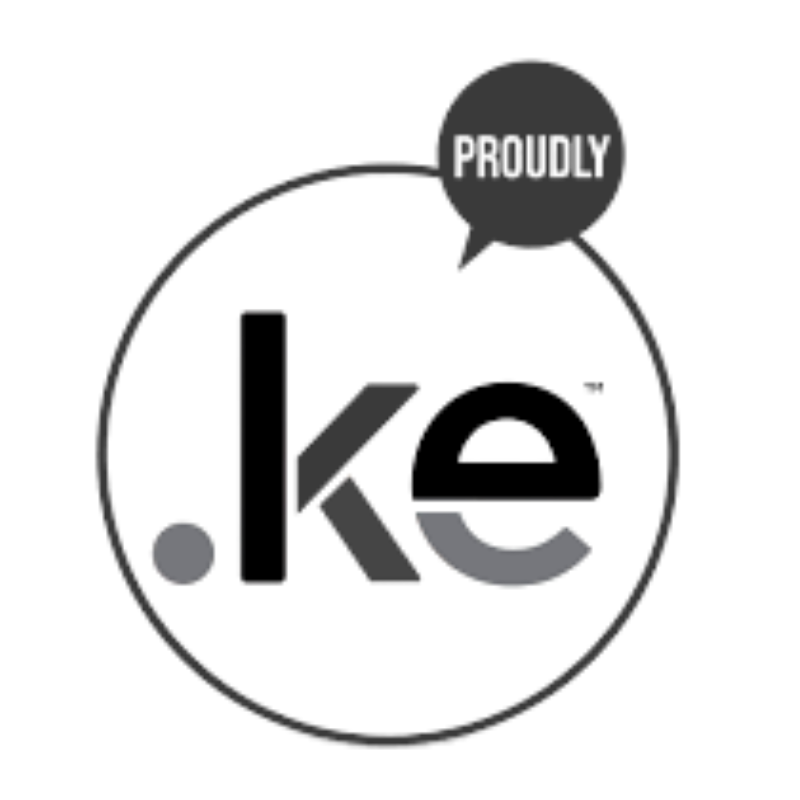 KE Domains
KE Domains Reseller HostingStart your own hosting business without tech hustles
Reseller HostingStart your own hosting business without tech hustles Windows HostingOptimized for Windows-based applications and sites.
Windows HostingOptimized for Windows-based applications and sites. Free Domain
Free Domain Affiliate ProgramEarn commissions by referring customers to our platforms
Affiliate ProgramEarn commissions by referring customers to our platforms Free HostingTest our SSD Hosting for free, for life (1GB storage)
Free HostingTest our SSD Hosting for free, for life (1GB storage) Domain TransferMove your domain to us with zero downtime and full control
Domain TransferMove your domain to us with zero downtime and full control All DomainsBrowse and register domain extensions from around the world
All DomainsBrowse and register domain extensions from around the world .Com Domain
.Com Domain WhoisLook up domain ownership, expiry dates, and registrar information
WhoisLook up domain ownership, expiry dates, and registrar information VPS Hosting
VPS Hosting Managed VPSNon techy? Opt for fully managed VPS server
Managed VPSNon techy? Opt for fully managed VPS server Dedicated ServersEnjoy unmatched power and control with your own physical server.
Dedicated ServersEnjoy unmatched power and control with your own physical server.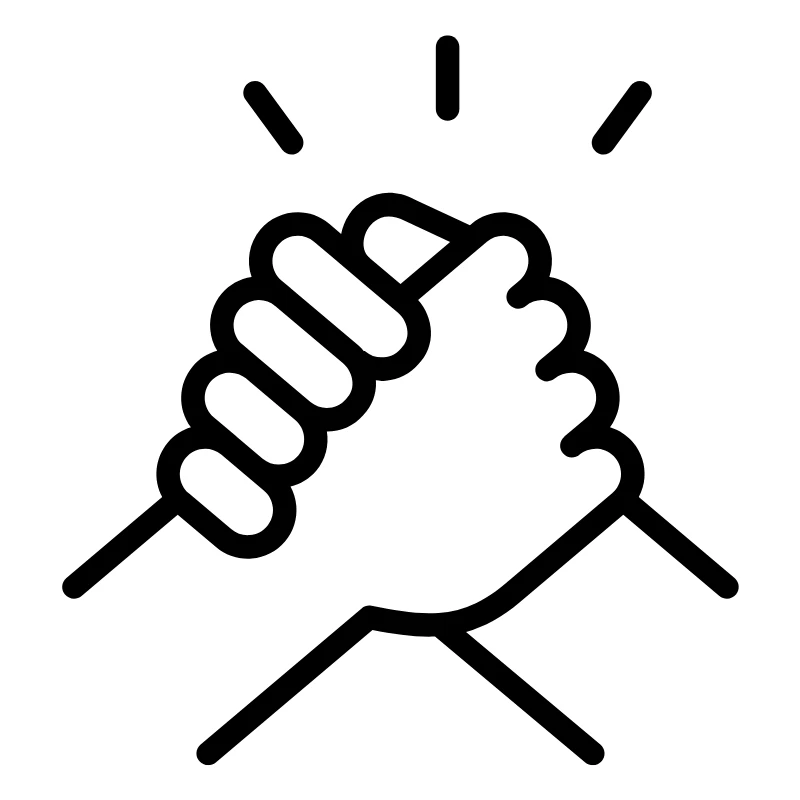 SupportOur support guides cover everything you need to know about our services
SupportOur support guides cover everything you need to know about our services


